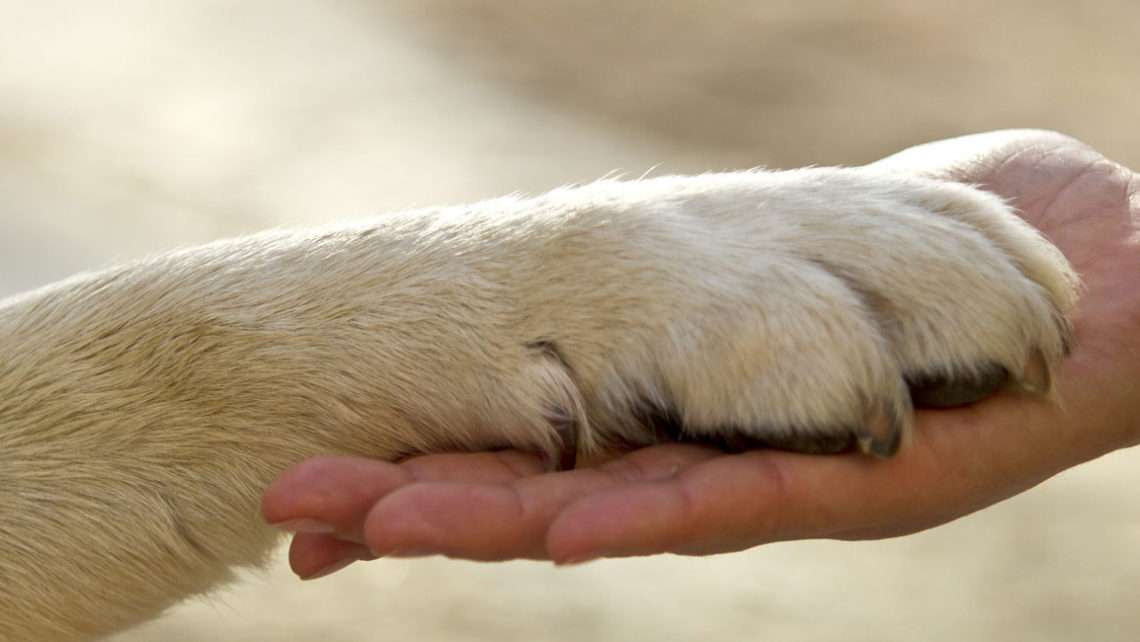We all know the phrase “An ounce of prevention is worth a pound of cure“. This is true, also, in veterinary medicine.
Like humans, our pets can become ill for a number of reasons, from infectious disease to the development of tumors. Fortunately, there are plenty of ways to deal with–and even prevent–certain diseases.
- Prevent illness
Whenever it’s possible we should take measures to prevent ensure a pet’s good health. For many, the first step will be toward deworming and vaccinations, which are essential measures. These are just two of the many actions that can prevent the onset of diseases.
It’s necessary that the owners understand how important it is to
- regularly visit the veterinarian
- provide a proper diet
- Spay or neuteur
- Stay on top of deworming and vaccinating your pet
The truth is that these can effectively save lives and keep our animals healthy and happy!
Visits to the veterinarian are essential in monitoring the health of our pet. It is often possible to detect early signs of many diseases – and early intervention may mean survival, prolongation of life and better treatment.
2. Have a good health plan!
Many animals can develop kidney or heart disease (or both), and being able to detect the early stages of these diseases can really improve the quality of life of our animals. Diet is also key in the managing a good health plan.
Diets should be adjusted for
- species
- age
- body condition
- existing medical conditions
We cannot feed a small dog like a cat or vice versa. In fact, a quality diet is often the secret to health and vitality.
- Deworming
Deworming is not only important for the health of our animals, but it is important for our own health. Every animal, at some point, develops a certain amount of internal and external parasites that can negatively affect their health.
We talk about:
- internal deworming which refers to the control of parasites living inside the body of our animals (most often in the intestine, but can also occur in the heart and blood vessels) and
- external deworming which refers parasites found in the skin and hair of our animals (such as fleas, ticks and lice).
- Vaccination
Vaccination is perhaps the strongest preventive measure in veterinary medicine. There are a large number of highly infectious and potentially fatal diseases that can affect our pets health. However, for some of these diseases vaccination is an effective prevention method. Vaccines work by stimulating the immune system defenses in our pets, so that they become resistant to agents that cause disease.
The vaccination plans designed by veterinarians are based on species, age, region and lifestyle of the dog. In general, pets are vaccinated from the 6th or 8th week of age and a proper vaccination require 2 to 3 initial doses varying the frequency of future administrations to the type and duration of the vaccine.
- Spaying and Neutering
Spaying females and neutering males are also an aspect to consider. Many owners feel they are stealing the identity of their pets but the benefits are often greater than the risk of keeping the animals with their reproductive organs.
As your pet gets older, the increase of the risk of
- cysts in the ovaries and uterus (females)
- uterine infection (pyometra)
- appearance of breast tumors (females)
Males can also be affected by testicular tumors and prostate problems – the most effective resolution is neutering.
We are sure, you have many questions regarding to vaccination, deworming and more, and we have answers for you!
Download our app and start managing your pet’s life!
Comments(0)
Recent Posts
Recent Comments
- Willow Blackwell on Neutering Aftercare: Things You Should And Shouldn’t Do For Your Neutered Cat
- Willow Blackwell on Neutering Aftercare: Things You Should And Shouldn’t Do For Your Neutered Cat
- Becky on 15 Ways Fish Reduce Stress and Improve Mental Health
- Jacob on Spaying/Neutering Aftercare: Things You Should And Shouldn’t Do For Your Dog
- Alex on Neutering Aftercare: Things You Should And Shouldn’t Do For Your Neutered Cat
Archives
- December 2022
- November 2022
- October 2022
- September 2022
- August 2022
- July 2022
- June 2022
- May 2022
- April 2022
- March 2022
- February 2022
- January 2022
- December 2021
- November 2021
- October 2021
- September 2021
- August 2021
- July 2021
- June 2021
- May 2021
- April 2021
- March 2021
- February 2021
- January 2021
- November 2020
- October 2020
- September 2020
- August 2020
- July 2020
- June 2020
- May 2020
- March 2020
- January 2020
- November 2019
- October 2019
- September 2019
- August 2019
- July 2019
- June 2019
- May 2019
- April 2019
- October 2018
- September 2018
- August 2018
- May 2018
- March 2018
- February 2018
- December 2017
- November 2017
- October 2017
- September 2017
- August 2017
- July 2017
- June 2017
- May 2017
- April 2017
- March 2017
- February 2017
- January 2017
- December 2016
- November 2016
- October 2016
- July 2016



Leave a Comment